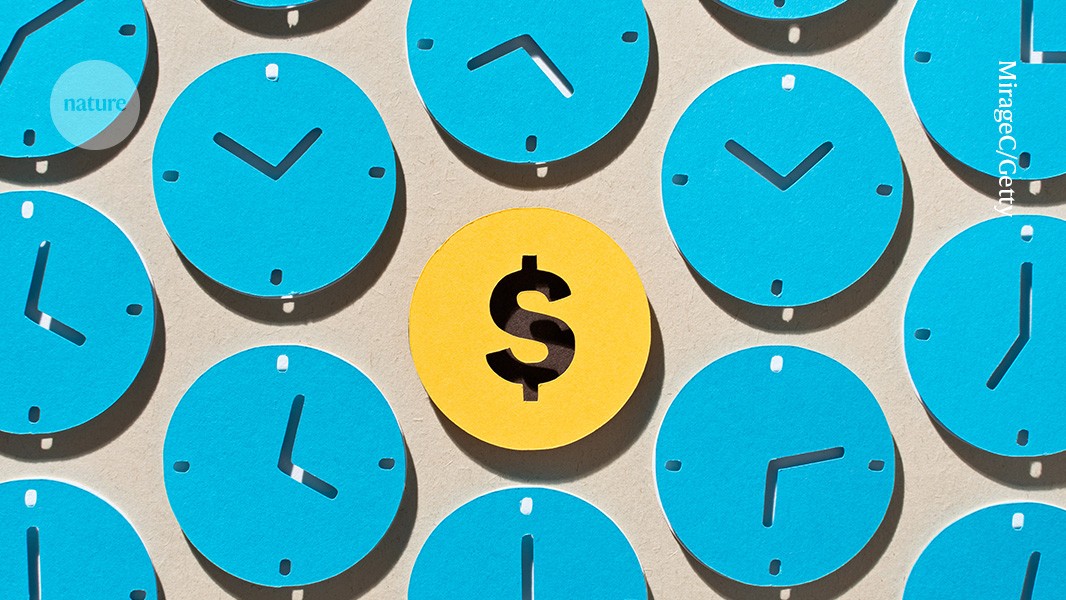
Credit: MirageC/Getty
A few years ago, I was contacted by someone I had studied with as an undergraduate. He was leading a large team at a marketing and communications agency and invited me to chat. He introduced me to the agency’s chief executive, who was planning an event and wanted me to give a seminar inspired by one of my publications on how stress and anxiety can spread from leaders to their team members. Her tone was enthusiastic and genuine, and the connection felt personal. I agreed to help shape the session.
We had three meetings. I adjusted the content to fit the audience. I drafted an outline. And although I mentioned a fee during the first two calls, I waited until the final exchange to send an actual quote in writing. It was a symbolic amount, far below market rate — and more of an honorarium, given the personal connection.
There was no reply.
I followed up.
Not a word.
No pushback. No negotiation. No ‘thanks but no thanks’. Just silence.
That silence was the clearest message possible: my time was valuable to the agency only if it was free.
The greater good
Experiences like this are common in academia. Corporations and public-sector organizations routinely reach out to academics across disciplines, asking for expertise, insights or participation. The offer is framed as an ‘opportunity’. Sometimes the organizations mention visibility; sometimes they dangle the vague possibility of future collaboration, or free or discounted services. What’s almost never on the table?
Money.
Collection: Time management
Let’s be clear, this is unpaid labour. And, in many cases, the offer is structured that way deliberately. Yes, researchers often conduct unpaid work that serves our academic community: the scholarly ecosystem depends on everyone to pitch in, from serving on committees to peer review (which can raise issues related to, but slightly separate from, the ones I’m highlighting here). Plus, many of us have a romanticized idea that we should share our knowledge freely, as part of some higher mission. That the work is its own reward.
And so we overcommit. We publish, teach, mentor, review, advise, engage and serve, all while chasing grant money to justify our existence. Especially for early-career researchers, the pressure to be ‘seen’ can be intense. Saying no feels like self-sabotage. Worse, many researchers worry that asking for payment will make them look difficult or entitled.
But every time we accept unpaid external work, we reinforce a broken norm. We teach organizations that academic insight is free. We lower the bar for what counts as professional respect. And we participate, whether we realize it or not, in the erosion of our own boundaries. Plus, there’s the opportunity cost of the time we’ve given away — the loss of the chance to do something else with that time.
Not all unpaid work is bad. There are causes worth supporting and people worth helping. But researchers should be selective and support causes that align with their values. Unpaid work should be the exception, not the rule.
Here are some steps you can take to shift the narrative, which have helped me to protect my time and value as a professional.
Set clear fees or ‘rate sheets’
Even if it’s just a short document outlining what you charge for a lecture, workshop or advisory session, having a tangible list of services and fees forces you and any prospective partner to treat your labour as professional work. Adjust rates as needed for non-profit organizations or public-interest endeavours. But don’t let your default be ‘free’.
Collection: Work-life balance




